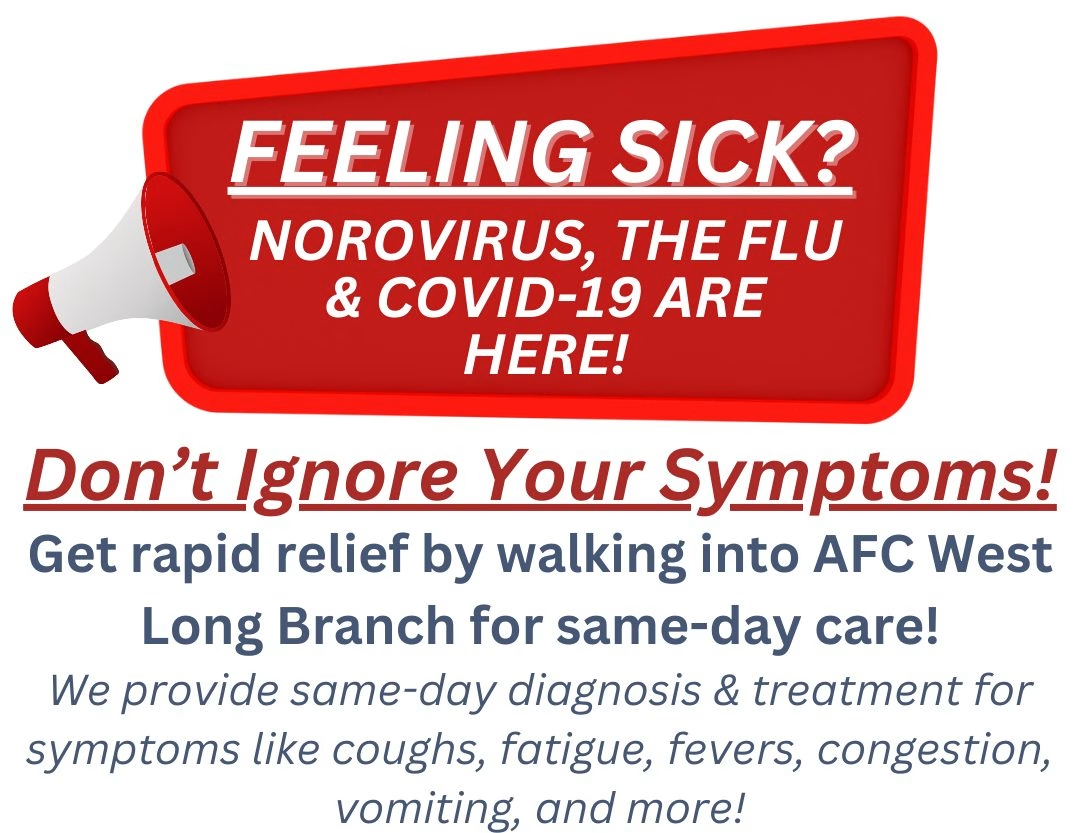"
Asthma is a condition that affects many adults and children. There is no cure for the condition, but your asthma symptoms can be controlled with the right techniques. Asthma control requires close attention and consistency. If you follow these tips you can work towards preventing asthma attacks and reducing the long-term health effects.
Tracking Symptoms
Tracking your symptoms is a key part in asthma symptom control. Find a notebook, keep track on your phone, or whatever is convenient for you. You should choose a method that you will remember and be consistent with. In your asthma diary you should keep track of key symptoms including wheezing, shortness of breath, coughing, and interference in day-to-day activities. If you notice common things that trigger your symptoms, rather they’re environmental or physical, be sure to record that along with the symptoms.
Record Lung Function
Your doctor will likely perform tests to check your lung function, but you can check it at home too. A peak flow meter is a device you can use at home to easily check lung function. It measures how quickly you can force air out of your lungs. Each time you perform the test, record your results. If you notice your results are getting worse or not meeting the standards set by your physician, contact them immediately to adjust your treatment plan accordingly. If your asthma is well controlled you should be able to show good lung function the majority of the time.
Finding the Right Treatment Plan
Through the monitoring and recording steps we mentioned above, you and your doctor will be able to find the right treatment plan for your asthma. Your asthma is considered well-controlled if it doesn’t interfere with your daily life and activities. You should experience coughing, wheezing, and shortness of breath no more than twice per week. In the instance of these symptoms, you should have a quick-relief inhaler to use.
In addition to your quick-relief medication, your doctor may prescribe a long-term preventative medication. These medications are typically administered each day through a corticosteroid inhaler. The steroid works to reduce inflammation that causes asthma symptoms before the symptoms occur. If the daily medication isn’t reducing or preventing your asthma symptoms you should contact your physician right away to adjust the dosing or frequency.
Proper management of your asthma symptoms will take time and constant monitoring. Your treatment plan should be flexible to adjust to your current needs.
"

